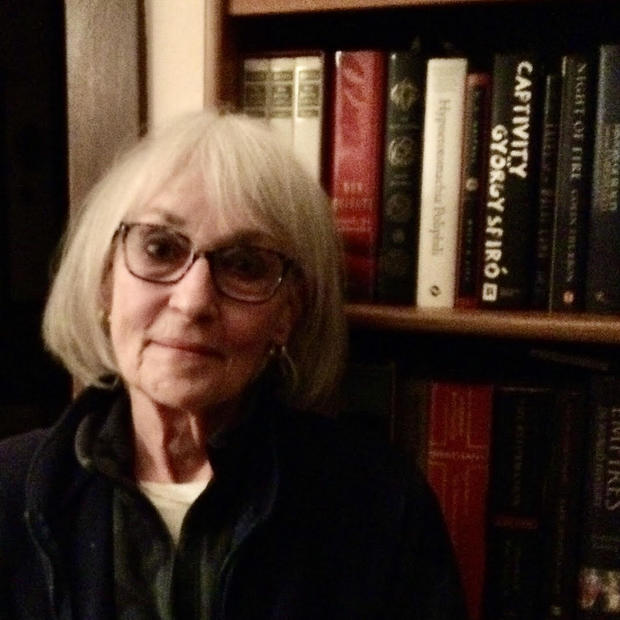Adverse experiences in childhood constitute “the single greatest public health threat facing the nation today,” said renowned pediatrician Dr. Nadine Burke Harris. The founder and CEO of San Francisco's Center for Youth Wellness was in Seattle on Friday, May 15, to speak at an event hosted by THRIVE Washington at the Westin Hotel.
Harris told her audience that 67 percent of American adults grew up in a household where they experienced at least one of the 10 toxic events or conditions defined by the Adverse Childhood Experiences (ACE) study. Twenty-two percent, she added, endured four or more and, as a result, became extremely likely to develop physical, behavioral and learning problems.
Why the connection? Dr. Harris explained that major trauma or repeated doses of toxic stress bathe children’s brains in the stress hormone cortisol. These children are at significantly higher risk — for physical reasons, not just psychological ones — to experience difficulty in school, struggle with ordinary social expectations, develop serious physical or mental illnesses and eventually raise traumatized children themselves. (Harris’s TEDMED Talk below provides a lively overview of the theories that drive her work.)
The THRIVE Washington event was an effort to ensure that Washington State's children get off to a good start, avoiding the long-term health and behavioral problems that a childhood with abusive or neglectful parents can lead to. Dr. Harris’s keynote address was followed by a panel discussion on ways in which the ACE study should change, and in some places is changing, policy and practice in Washington State.
Panelist Antony Chiang is president of Empire Health Foundation, whose mission is to improve the health of seven Eastern Washington communities. He cited a Walla Walla high school where teachers were trained in disciplinary strategies that are informed by ACEs. If “a kid dropped the F-bomb,” explained Chiang, rather than yell “'What’s wrong with you! Get out!'” a teacher might ask, “What happened to you last night?” Over time, he said, the Walla Walla school reduced its suspensions by 95 percent, police-involved incidents by 75 percent, and saw its graduation rate rise.
Chiang wants educators across the state to learn how trauma-informed approaches help at-risk kids stay in school. “Regardless of how wonderful the curriculum is, that kid [with a high ACE score] may never graduate,” he said – unless schools and teachers "get to the core” of what's holding him or her back.
Panelist Quen Zorrah is the lead nurse consultant for the Nurse-Family Partnership in Washington State, which sends nurses out to help young pregnant women and mothers in their homes. “Home-visiting is ACE prevention,” said Zorrah, because “supporting the parents means supporting the baby." However, "in Washington a major challenge is we reach only a fraction” of the families who need assistance. Data show that this generation of Washington youngsters scores higher on the ACEs test than do adults in the state, she added. Which means that today's kids "are carrying larger burdens of [trauma] than their parents.” (Take the simple 10-question test and learn your own ACE score.)
Helping parents understand how past trauma shapes their present behavior is critically important. As a child, said panelist Annett Bovent, she was psychologically and physically wounded by her mother. Now a Walla Walla mom, Bovent described how discovering the ACE research made her a better mother to her own three children. Today she serves as the parent representative to the Children’s Resilience Initiative in her region.
To replicate such successes throughout Washington, people need to know "the brain science behind trauma-informed thinking” and then adapt their practices, said panelist Geof Morgan, director of the Whatcom Family & Community Network. It’s also essential to keep in mind how resilient people can be, and how capable they are of improving themselves if they have the right kind of help.
To that end, said Morgan, “instead of [measuring] what we don’t want” (as in abuse and neglect), why don't we measure “what we do want. What are the 10 things we want more of? Let’s measure those.” Things like, maybe, healthy parents listening to their kids and praising them when they make constructive efforts; healthy kids safe at home instead of on the streets; parents involved with what's happening at their children's schools; higher graduation rates.


